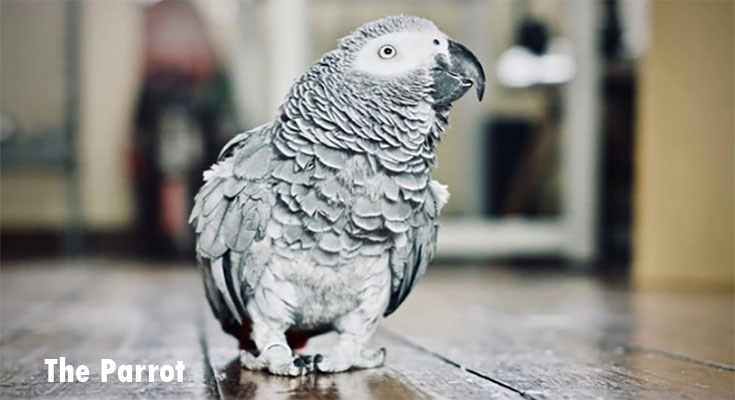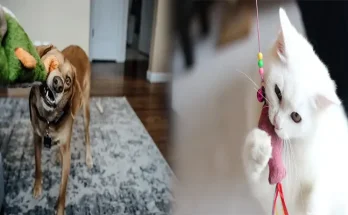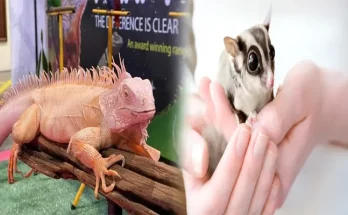A bird first aid kit is very important to have on hand for any parrot owner. From parakeets, to Macaws, the chance of minor or major injury due to common household factors can occur at any time without warning. The article will review the absolute essential items to have set aside for these emergency situations to help stabilize your bird and increase the average parrot lifespan.
Bird First Aid Kit – The Hospital Cage
Ideally you should start out by having an emergency hospital cage on hand. The reason to have an emergency cage is to provide a safe space where you bird won’t fall and you can provide a warm and quiet controlled environment in case of shock or injury. The tote can also prevent them from climbing which could potentially cause further injury. This emergency cage can be cheap to make and easy to put together. Take a large plastic tote (16 gallon size or larger) and drilling a small hole (about 1-2″ up) in the side to place a screw-on perch near the bottom of the tote. Place a soft towel at the bottom of the base, and make sure to have small food and water dishes available. You can cover the tote with a lid (make sure to add air holes) or a cloth to create a low light environment. The finished product should look something like this:
Note: Make sure to keep the environment in the tote between 80-90 fahrenheit, and look out for signs that your bird is overheating, such as panting or distancing from any heat sources.
Bird First Aid Kit – Must Haves
There are four primary categories to include in your bird first aid kit:
- Tools
- Injury Supplies
- Emergency Remedies
- Avian Vet Contact and Emergency Contact Information
Essential Tool List –
- Feeding Syringe – A small medicine syringe to administer fluids or food in emergencies (suggested sizes range from 1cc to 35cc depending on the size of your bird)
- Small Scissors – Needed to cut gauze or vet wrap
- Hemostat – They are a slightly curved scissor that allows for gripping of blood feathers
- Cuticle Fork or Thread Ripper – To remove any string or loose threads wrapped around extremities
- Tweezers – for splinter or foreign object removal
Injury Supplies –
- Towel – Can be used to restrain the bird if needed, make sure not to wrap the bird too tightly, which can hinder their breathing
- Vet Wrap – Recommended size of 1″-2″ wrap to secure injured wings or secure gauze
- Gauze – To cover any injuries, open wounds, or to help keep medical salves in place
- Masking Tape – Can be used in place of bandages and will not stick to feathers
- Empty Water Bottle – Fill with warm water and wrap with a towel to place inside the emergency hospital cage. Many times an injured bird can have trouble maintaining their body temperature so it is essential to provide warmth.
Emergency Remedies –
- Corn Starch – THIS IS IMPORTANT! Corn starch should be used to stop minor bleeding in place of Kwik Stop for parrots (Kwik stop is actually harmful to parrots if ingested)
- Aloe Vera – Apply to burns or use for minor abrasions. It is recommended to use fresh aloe from a houseplant or 100% Aloe Gel
- Manuka Honey Paste – You can also apply this to minor abrasive injuries and cuts to provide a protective layer and it is non-toxic to parrots
- Cayenne Powder – Mix with water into a paste and feed orally to reduce pain and inflammation in an injured bird
- Bach’s Rescue Remedy – Can be used to help recover a bird in shock
Avian Vet Information –
Contact your avian vet and ask them what to do in case of an emergency. Make sure to ask about after hours care and other resources in your area if they are not available.
Emergency bird first aid kit recommendations in this article are not intended to be used for long-term care or to take the place of veterinary care. This information is intended to stabilize the bird to improve its chances in an emergency, prior to treatment by your avian veterinarian.





